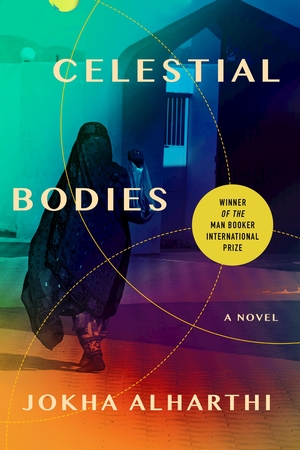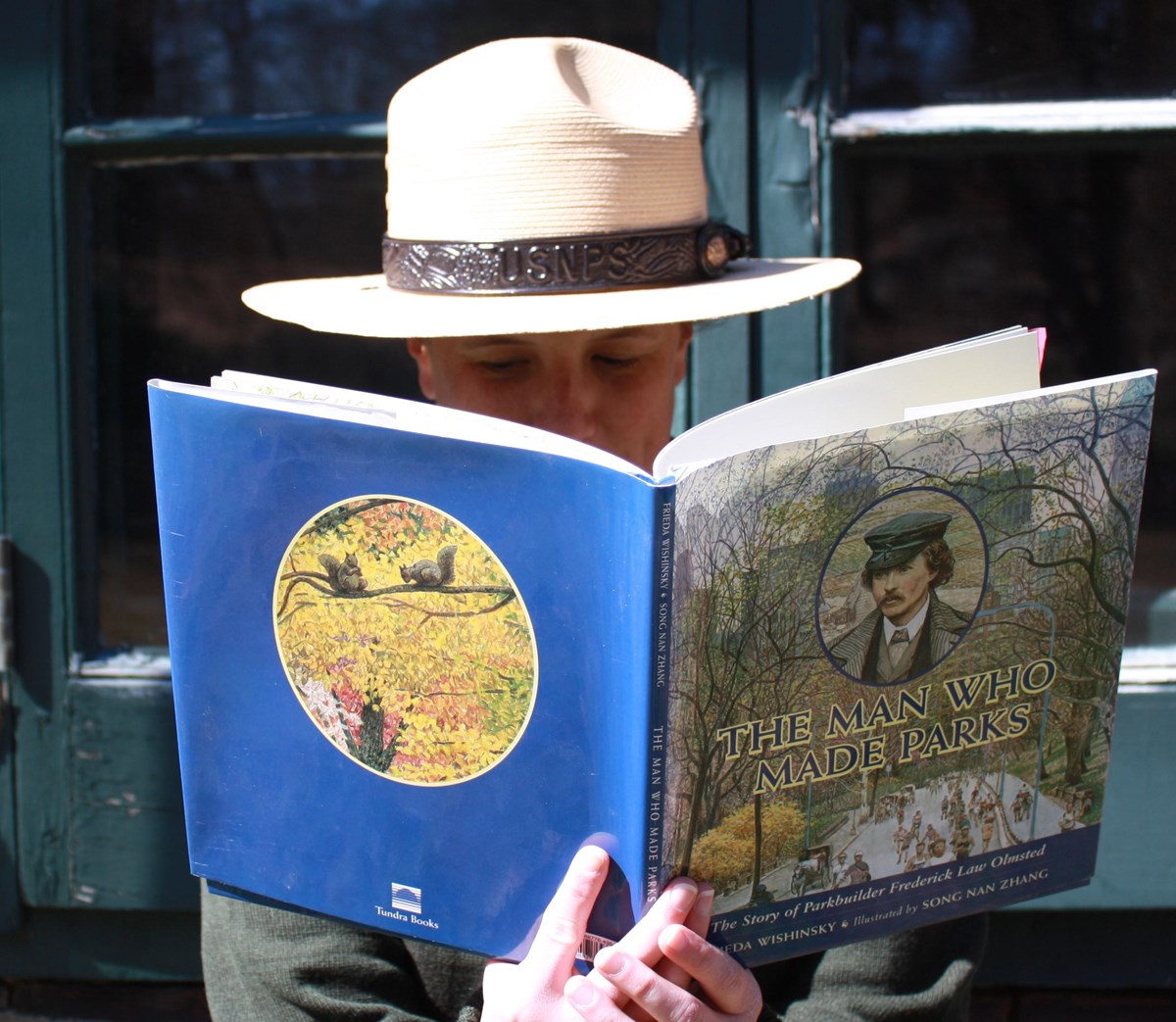Books & Culture
Why All Americans Should Read “Celestial Bodies”
The Man Booker International winner has nothing to do with Americans, and that's precisely why we need it

Celestial Bodies by Jokha Alharthi won the Man Booker International Prize this year for its beautifully rendered portrayal of a family’s tangled history in the village of al-Awafi in Oman. The novel was the first book translated from Arabic to win the prize, and more surprisingly, it was the first novel by an Omani woman to be translated into English at all. This trifecta of achievements encapsulates what makes Celestial Bodies vital reading for Americans: it’s a wonderful novel that stands on its own, and it also provides us with the increasingly rare opportunity to engage with a celebrated work that is in no way about or for Americans, that is not intended to curry either their favor or their outrage but simply isn’t concerned with them at all.
Alharthi is the author of three books of short stories and three novels. A native of Oman, she was living in Edinburgh and studying for her Ph.D. when she felt a longing for home. She told The Guardian, “I just sat there with my laptop thinking about—not exactly Oman, but a different life, and a different language. And because I love my language so much, I felt the need to write in my own language.” Celestial Bodies jumps back and forth between perspectives and time, creating an intricate tapestry of the village of al-Awafi in rural Oman over the last half-century. We hear most from Abdallah, the son of a wealthy merchant who is in an unhappy marriage to a wife who doesn’t love him back. But though Abdallah is at the center of the story’s web, he isn’t the book’s protagonist, because there isn’t one. Instead, we hear from the entire village, everyone from Abdallah’s wife and daughter (named London, a choice that brings ridicule from more traditional family members) to the village beggar and the slave woman who acted as a surrogate mother for Abdallah.
Americans, especially white Americans, need to read books that allow us to be the Other.
This experience is crucial at a time when Americans are (even more than usual) limiting themselves to art and media that reflects their own views back to them. Whether it’s through partisan news networks or Americanized books, films, and TV shows, many Americans are losing the ability to feel comfortable in worlds that aren’t designed for them. Americans of all backgrounds, but especially white Americans, need to read books like Celestial Bodies that present another culture on its own terms and allow us to be the Other.
One of the effects of this large canvas of characters is that Celestial Bodies becomes as much a portrait of a rapidly changing country as it is of a single family. Oman, which sits next to the UAE, Saudi Arabia, and Yemen on the southeastern coast of the Arabian Peninsula, has seen immense change over the last 50 years under the rule of one man, Sultan Qaboos. Sultan Qaboos deposed his father in 1970 and began to reform his country, turning a traditional, slave-owning society into a country that has claimed its place among the modernized Gulf states. Alharthi shows how this modernization affects every generation, but especially young people who are torn between their family traditions and their own desires. A classic scenario is when the newly married Abdallah has to choose between his father, who wants him to stay in al-Awafi to run the compound where the wealthy merchant historically housed his family and slaves, and his wife, who wants to move to Muscat, where young families are flocking to create their own homes.
Over the years Oman has inevitably contended with the Western influence, which Alharthi acknowledges through telling details like the wealthy character’s affinity for Western perfumes and cars. But Celestial Bodies never portrays Oman’s evolution as one specifically towards Western values. Rather, there is a progression of the native culture, whose long-established roots remain at the heart of society. Take, for example, Alharthi’s description of the house of Masouda, one of the village’s poorest women: “The walls were lined with images on thin, dog-eared paper of the Grand Mosque in Mecca and the Prophet’s Mosque in Medina, and one luridly colored image in a wood frame of Buraq[…] Thin mattresses — just cheap fabric stretched over a layer of sponge — were propped against the wall next to an assortment of plastic implements: baskets of various sizes and colors, big ladles, and pots with white lids.” While Masouda’s house reflects the common detritus of modern life, Alharthi makes it clear what comes first, both in her description and in Masouda’s life: the woman’s faith. Even Abdallah, a successful businessman who narrates his story from a plane headed to Frankfurt, spends his entire ride thinking about al-Awafi rather than his destination. In America, modernization is often understood to mean a shift towards Western values and practices, and we asses a culture’s progress by comparing it to our own. Alharthi offers another scenario and asks us to consider other cultures as independent from American standards.
Alharthi conveys Oman’s cultural independence by not catering to an American audience. Her book is densely packed with details about Omani culture and history, but she rarely elaborates on or contextualizes it for us. For example, when the bookish Asma reads her many texts, there is no aside to let us know what religious or historical work she’s taking it from or what it means. When Azzan, a businessman, visits the Bedouin, there is no explanation about the Bedouin people’s complicated nomadic history in Oman, only the attraction he feels for Najiya, a beautiful woman “of such resolution and valour, a woman named after the moon itself.”
When you get used to engaging with art that reflects only your own worldview, you also get the message that interacting with other cultures isn’t worth the effort.
Soon after I started Celestial Bodies, I did some reading about Oman’s history so that I could better understand the political and social forces that were shaping the book. This isn’t absolutely necessary—you don’t need any prior knowledge to enjoy Celestial Bodies as a compelling story of love and loss that’s full of vibrant details of Oman. But I’m thankful that literature can expose my lack of knowledge, not as a challenge, but as an opportunity to learn more. Because while not every American needs or wants to be catered to, we live in a country where art often comes with cultural scaffolding. Look at our insistence on remaking foreign TV shows and films into “Americanized“ versions, or how we fix the Harry Potter books for American readers, changing phrases like “tinned soup” to “canned soup,” “changing room” to “locker room,” and “straight away” to “right away,” as if even young readers wouldn’t understand. The point of Americanizing art is to make it more comfortable, more enjoyable, and thus more profitable. The problem is that when you get used to engaging with art that reflects only your own worldview, you also get the message that interacting with other cultures isn’t worth the effort.
Reading books in translation is an important way to immerse ourselves in other cultures, but unfortunately America reads hardly any books in translation—only an estimated 0.7% of fiction and poetry published in this country in a given year is in translation, far below the norm in other countries. Instead we’re reading books that were written in English and are, by their nature, more culturally accessible and easier to understand. Americans need to think critically about what kind of books we read and what exists for us in the publishing landscape. There is finally a conversation happening about increasing diversity in publishing, and I hope we will consider cultural diversity as well. To publish, buy, and read books like Celestial Bodies makes a statement that we value non-Western ideas. More overlooked but equally as important, these books give us the experience of being the other—and the opportunity to realize that isn’t always a negative thing.
Before you go: Electric Literature is campaigning to reach 1,000 members by 2020, and you can help us meet that goal. Having 1,000 members would allow Electric Literature to always pay writers on time (without worrying about overdrafting our bank accounts), improve benefits for staff members, pay off credit card debt, and stop relying on Amazon affiliate links. Members also get store discounts and year-round submissions. If we are going to survive long-term, we need to think long-term. Please support the future of Electric Literature by joining as a member today!








